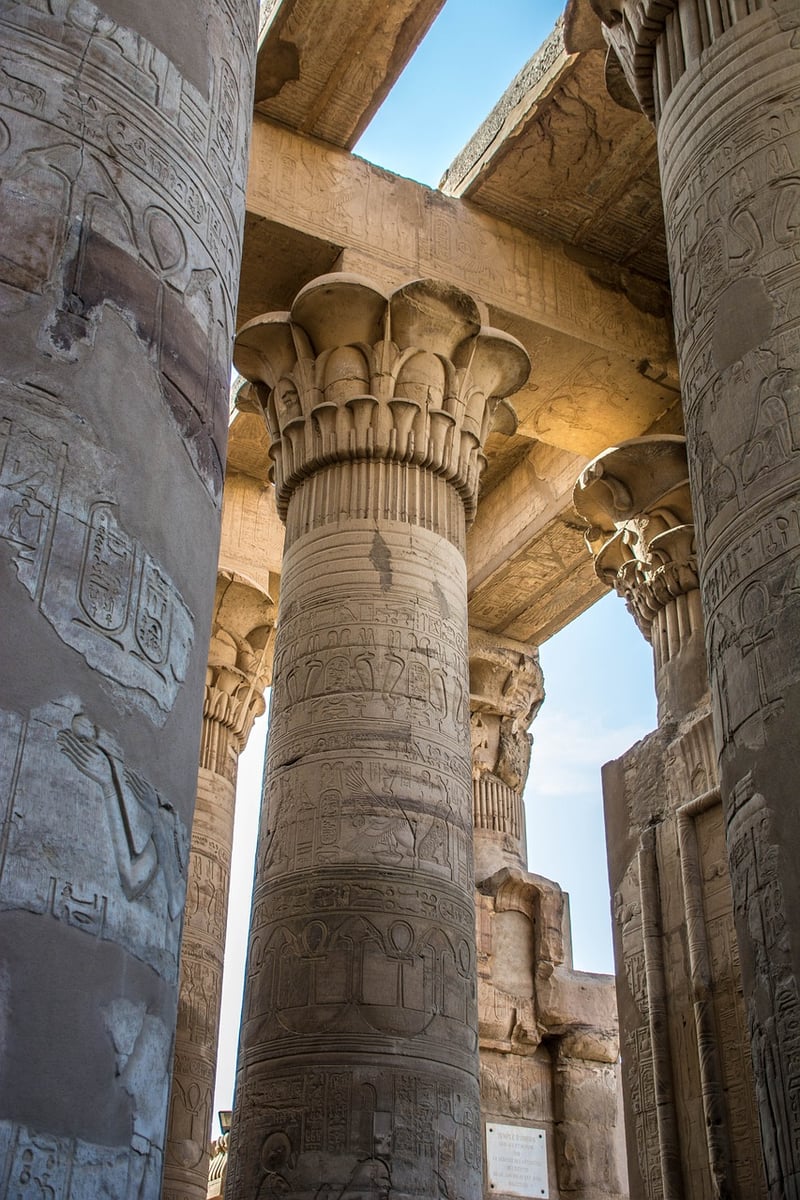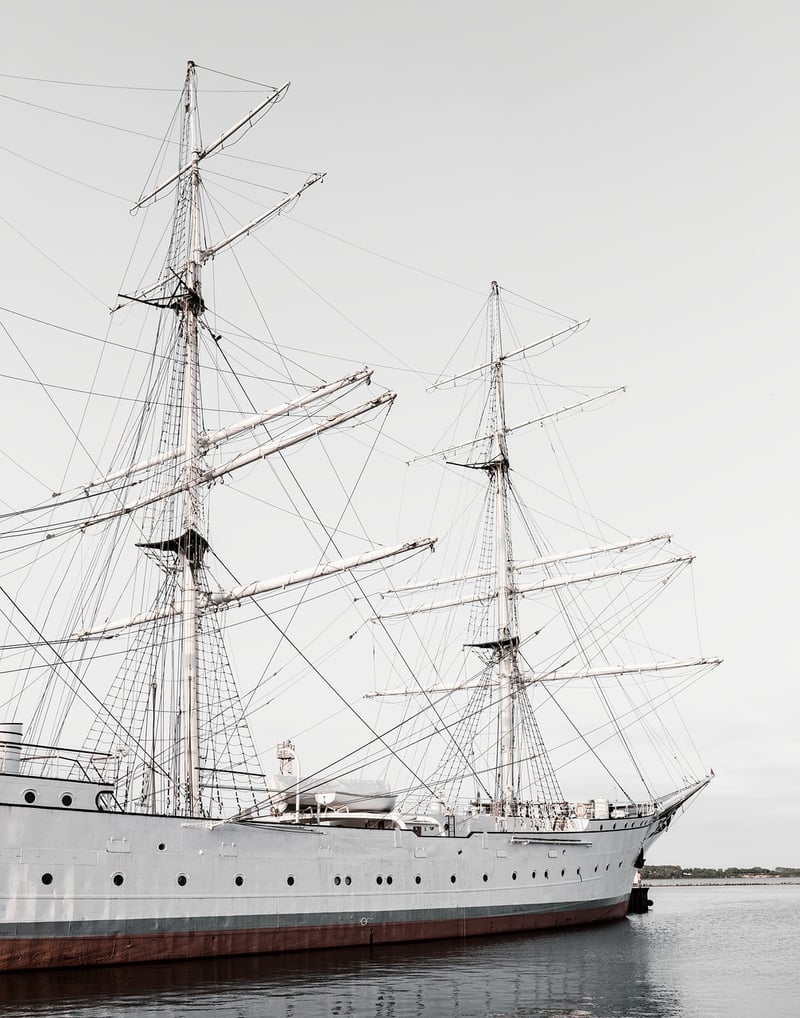Future Exploration
Exploring Different Eras and Future Exploration
Exploration has been a fundamental part of human history, shaping societies and cultures. From ancient times to the modern era, humans have ventured into the unknown, driven by curiosity and the desire to discover new lands, technologies, and knowledge. Let's delve into the exploration of different eras and ponder the possibilities of future exploration.
Ancient Exploration
Ancient civilizations like the Egyptians, Phoenicians, Greeks, and Romans were pioneers of exploration. They navigated the seas, crossed deserts, and traded goods across vast distances. The Silk Road connected East and West, facilitating cultural exchange and the spread of ideas.

Age of Discovery
The Age of Discovery in the 15th to 17th centuries saw European explorers like Christopher Columbus, Vasco da Gama, and Ferdinand Magellan sail to uncharted territories, leading to the colonization of the Americas, Africa, and Asia. These voyages transformed global trade and geopolitics.

Modern Exploration
In the 20th century, exploration expanded beyond Earth. Yuri Gagarin became the first human in space in 1961, sparking the space race between the US and the Soviet Union. Neil Armstrong's moon landing in 1969 marked a giant leap for humanity.

Future Exploration
Looking ahead, the future of exploration is promising. Space agencies like NASA and private companies like SpaceX are planning missions to Mars and beyond. Advancements in robotics, artificial intelligence, and sustainable technologies will revolutionize how we explore the cosmos.

As we reflect on the achievements of the past and anticipate the wonders of the future, one thing remains certain - the human spirit of exploration will continue to push boundaries, inspire innovation, and shape the world we live in.
Let's embrace the unknown, for therein lies the beauty of exploration.
